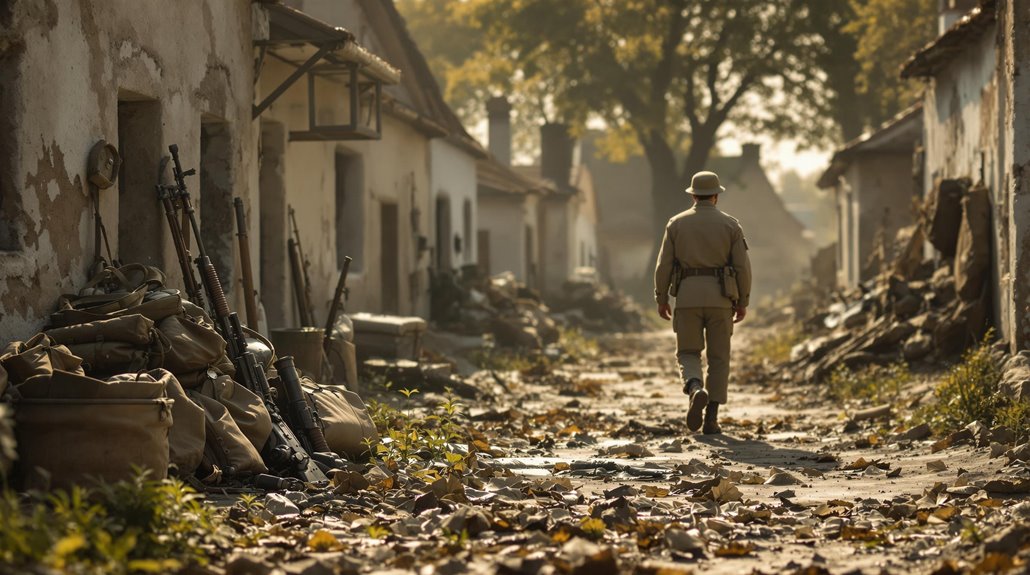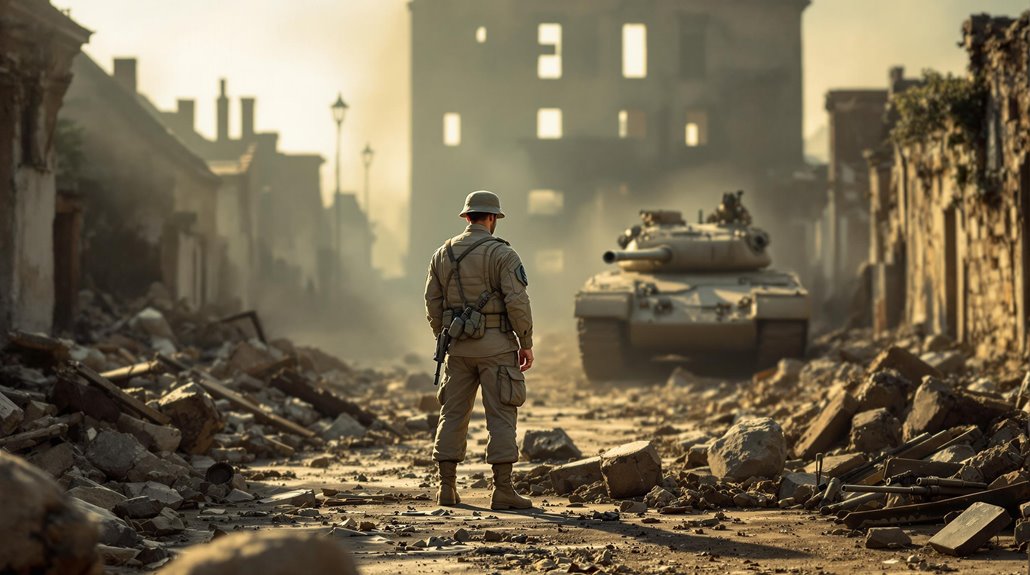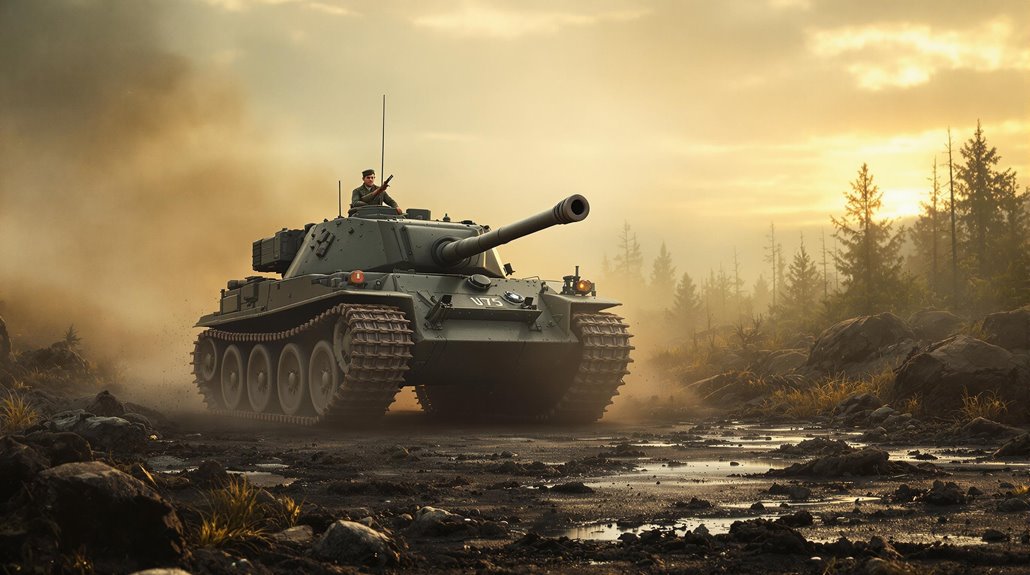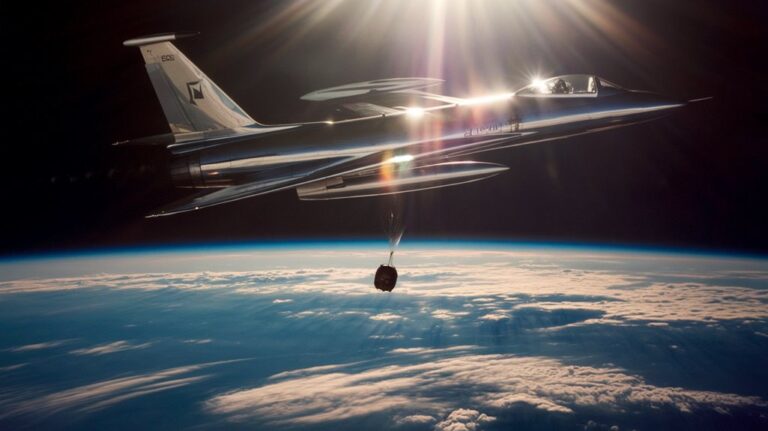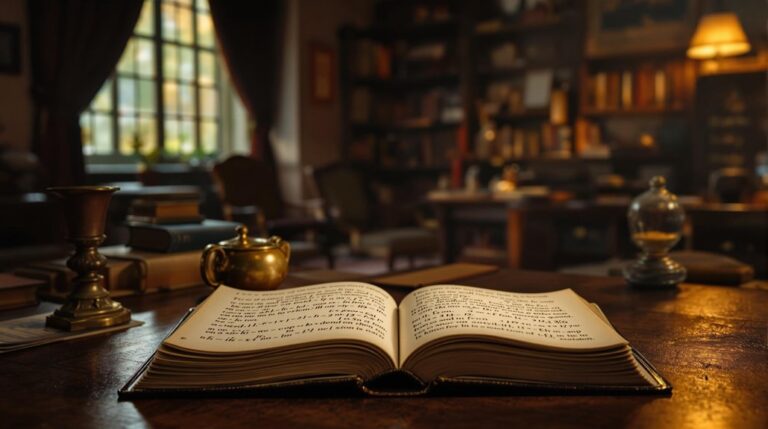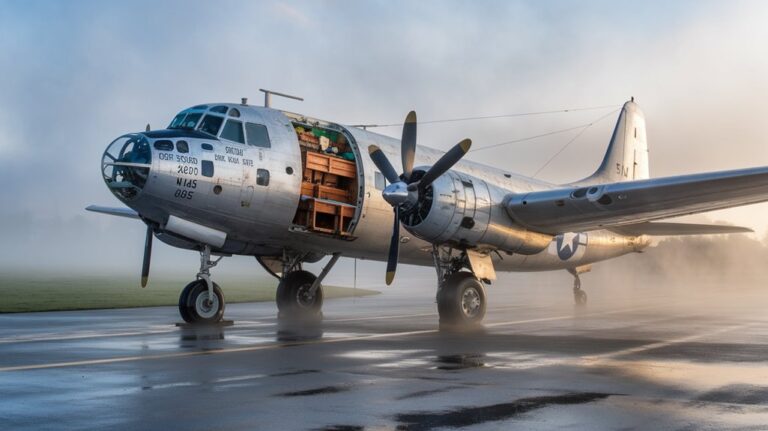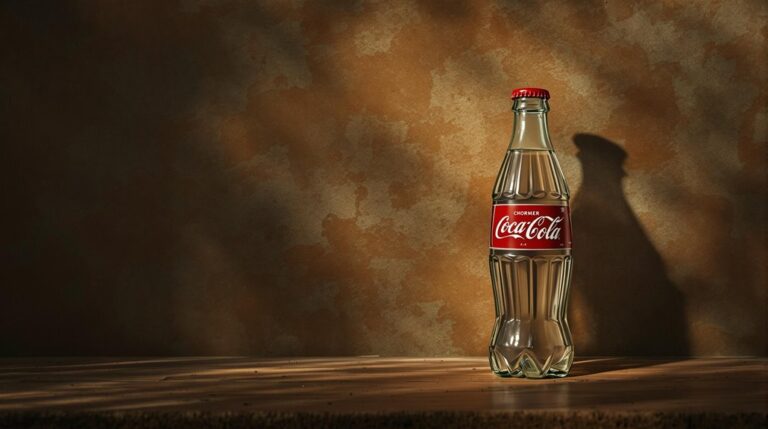Badass Sergeant: The True One-Man Army of WWII
You've probably heard tales of legendary soldiers, but few match the raw courage of Audie Murphy. When a massive German force attacked his unit in the freezing forests near Malmedy, this 19-year-old sergeant didn't retreat. Instead, he climbed onto a burning tank destroyer and single-handedly fought off waves of enemy infantry and tanks. What led this young Texan to stand his ground against impossible odds, and how did his actions that day reshape military history?
From Orphaned Teen to American Soldier
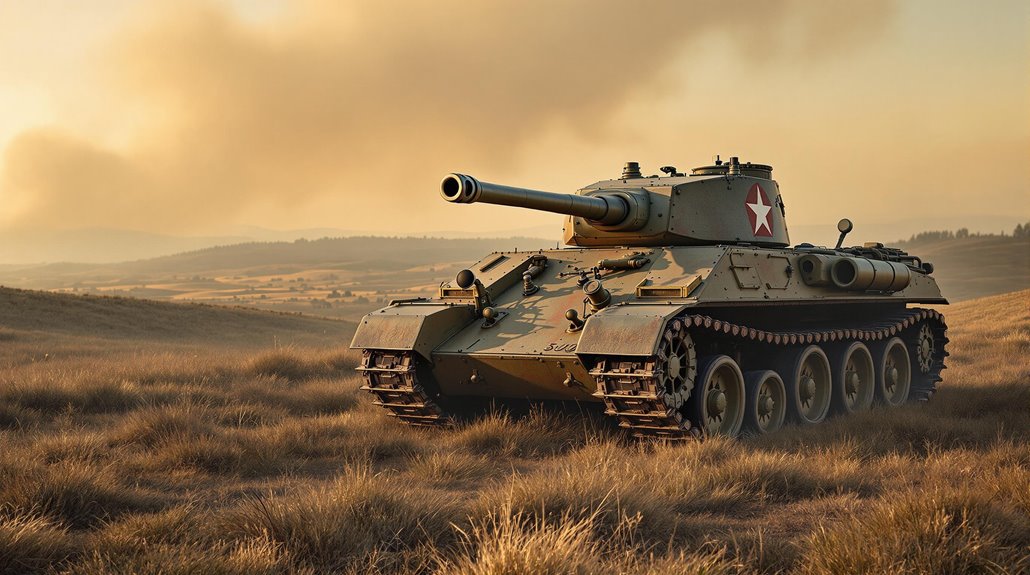
During World War II, over 200,000 American teenagers enlisted before reaching legal age, driven by a powerful mix of patriotism, family tradition, and sometimes desperation.
You'd find these young warriors slipping through recruitment centers with forged documents or helpful recruiters who'd look the other way, all determined to serve their country despite their age.
While 17-year-olds could enlist with parental consent, many younger teens found creative ways around the rules. The United States maintained official draft age of 18 throughout the war.
Their underage enlistment often stemmed from compelling soldier motivations: some followed in their fathers' footsteps, others sought escape from troubled homes, and many simply felt called to defend their nation. Much like the training wheels classes of modern RPGs, these young recruits often started with simpler assignments before advancing to more complex combat roles.
From boys as young as 12-year-old Calvin Graham to 16-year-olds storming Normandy's beaches, these youth traded their childhood for combat boots and rifle straps.
A December Morning in Malmedy
Frost-covered fields near Malmedy, Belgium became the site of one of WWII's darkest moments on December 17, 1944.
That morning, Waffen-SS forces under Joachim Peiper captured 113 American soldiers from Battery B of the 285th Field Artillery Observation Battalion during the Battle of the Bulge.
What followed would become known as the Malmedy Massacre, one of December's most horrific atrocities.
The SS troops forced their American prisoners into a snow-covered field near Baugnez crossroads. Without warning, German machine gunners opened fire on the unarmed soldiers.
SS members then walked among the fallen, shooting survivors with pistols. Despite their brutality, they didn't succeed in killing everyone – over 40 Americans survived by playing dead or escaping through the chaos, later reaching Allied lines to report the massacre.
Allied investigators recovered the frozen bodies of 84 American soldiers when they arrived in January 1945.
The German forces later set fire to the Café at Baugnez crossroads, killing any POWs who had sought refuge inside.
One Man vs. German Forces
While German forces were committing atrocities at Malmedy, another story of American heroism was unfolding nearby.
Near the French village of Holtzwihr, you'd find Audie Murphy, a lone hero whose tactical genius would soon become legendary.
When German tanks and infantry launched a massive assault on Murphy's position, he made a bold decision.
After ordering his men to fall back, he climbed aboard a burning M10 tank destroyer and grabbed its .50-caliber machine gun.
German forces attempted their famous rapid breakthrough tactics, but Murphy's determined stand prevented any chance of a successful Blitzkrieg maneuver.
For over an hour, Murphy single-handedly held off the entire German force, killing or wounding 50 enemy soldiers.
Despite taking a leg wound, he refused to retreat until the threat was eliminated.
His incredible stand destroyed six tanks and earned him the Medal of Honor, making him America's most decorated WWII soldier.
Like many German units in 1945, Murphy's opponents were mainly poorly trained Volkssturm who lacked combat experience.
The Youngest Medal of Honor Hero
A remarkable 14-year-old named Jack Lucas forged his mother's signature to join the Marines during WWII, driven by an unwavering desire to serve his country.
His young heroism would be forever etched in history when, at age 17, he threw himself onto two grenades to protect his fellow Marines on Iwo Jima.
During his time at Edwards Military Institute, Lucas had already demonstrated leadership as a cadet captain and football team captain before joining the Marines.
Despite suffering severe injuries that required 26 operations, Lucas survived this selfless act.
Like the brave actions of Medal of Honor recipient Staff Sergeant Spurrier who single-handedly killed 25 enemy soldiers in France, Lucas's extraordinary courage went far beyond the call of duty.
His extraordinary bravery earned him the Medal of Honor on October 5, 1945, making him the youngest Marine and WWII serviceman to receive this prestigious award.
The medal significance extends beyond his age – he became the third-youngest recipient in U.S. history and the youngest since the Civil War.
Through the devastating toll of World War II, which claimed 60 million lives, soldiers like Jack Lucas left an indelible mark on humanity's spirit.
Their heroic sacrifice rippled through generations, shaping not just military history but the very fabric of society. Many veterans returned with untreated PTSD symptoms that affected their families for decades to come. Like the thoughtful discussions on health journeys in Reconcilable Differences, these veterans' stories of personal progress continue inspiring meaningful conversations about healing.
You'll find their enduring courage reflected in lasting ways that transformed the post-war world:
- The psychological resilience passed down to children and grandchildren of veterans, despite the heavy burden of combat trauma
- The advancement of medical care and rehabilitation, particularly in treating combat-related injuries and mental health
- The establishment of new international laws and protocols that changed how nations handle conflicts
Today, when you witness Paralympic athletes compete or receive life-saving penicillin, you're experiencing the direct legacy of WWII veterans' valor and sacrifice.

